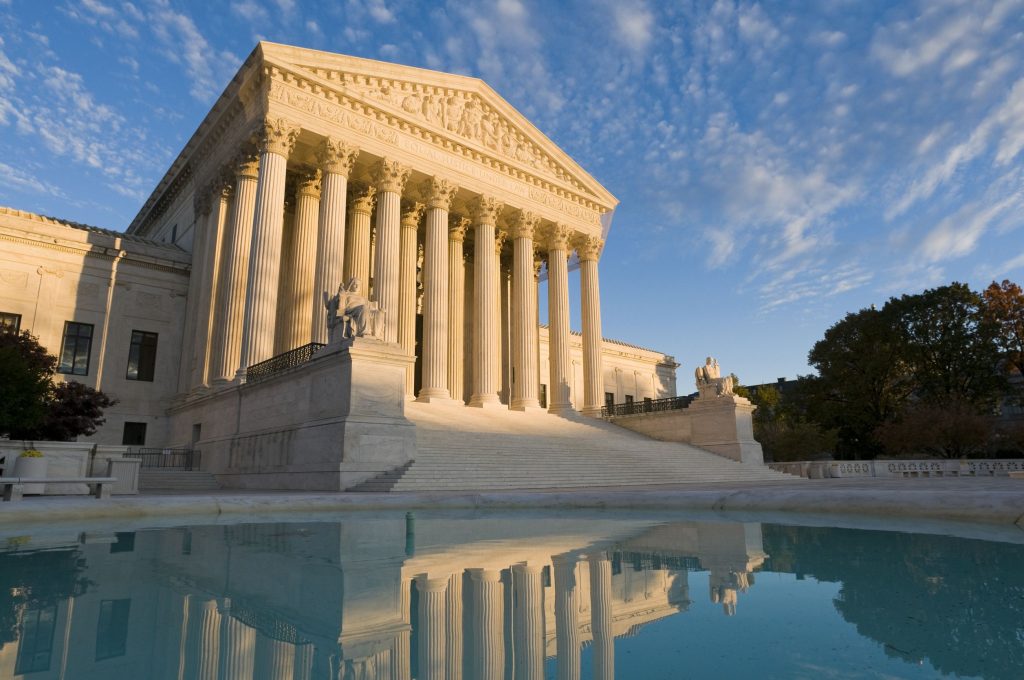
On Wednesday, August 31st, a four-four split vote by the Supreme Court regarding North Carolina’s voting law allowed the US Fourth Circuit Court of Appeals’ ruling to stand.
Case Background
North Carolina’s voting law was created in 2013 shortly after the Supreme Court ruling in Shelby County v. Holder, which allowed states to create their own voting laws without first being approved by federal courts. The North Carolina legislature then created laws that required voters to have certain forms photo-ID, limited the number of early voting days, and ended voter pre-registration. However, these restrictions targeted African American voters with “almost surgical precision,” according to the 4th Circuit Court of Appeals ruling on July 29th, 2016, that enjoined the law. The law was originally challenged by the US Department of Justice, and by several civil rights groups.
In response to the ruling, North Carolina Governor Pat McCrory requested an emergency appeal to the US Supreme Court to allow the North Carolina’s voting law to be partially used in the upcoming election. His request would have limited the number of early voting days from 17 to ten, and would have reestablished the same voter ID laws.
Because the Supreme Court could not come to an agreement, the Fourth Circuit’s ruling will stand and the voting law will not be in effect in November.
Gov. McCrory argues that the State’s voting laws were created to stop voter fraud, and stated “Four liberal justices blocked North Carolina protections afforded by our sensible voter laws.”
William J. Barber II, President of the North Carolina NAACP, stated “Today we achieved another major victory for justice, African Americans, Latinos and all North Carolinians. The critical rejection of the state’s position will allow the people of North Carolina to exercise the fundamental right to vote this November without expansive restrictions by racist politicians or racist policies.”



Leave a Comment